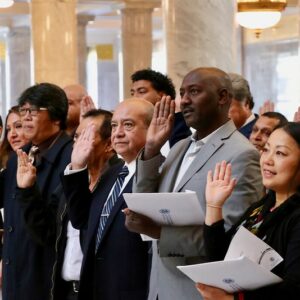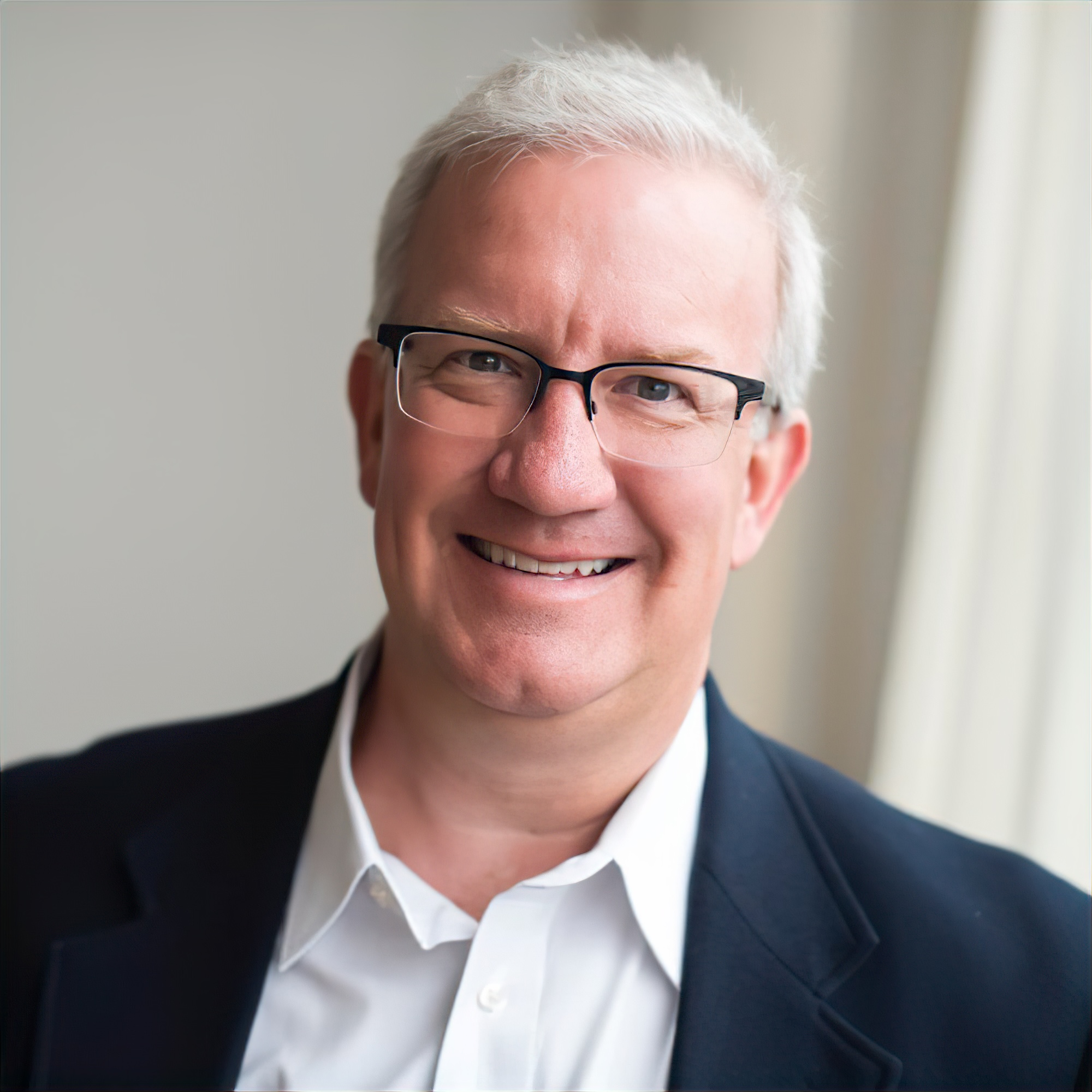Being an American immigrant has gotten complicated.
I was reminded of this recently in, of all places, a train station in Sydney, Australia. The airport shuttle wasn’t running, so my wife and I began discussing alternative routes with another airport-bound passenger. We were heading to Indianapolis via Los Angeles. The man with the suitcase was a U.S. immigrant from Romania catching a plane for San Francisco.
 We agreed how wonderful Sydney was — beautiful, clean, orderly and safe. He commented on the recent tragic shootings in Indianapolis. I countered that San Francisco was in far worse shape, with its rampant crime and homelessness. He answered that he lived well outside the city because, he said, “I don’t want my car broken into.”
We agreed how wonderful Sydney was — beautiful, clean, orderly and safe. He commented on the recent tragic shootings in Indianapolis. I countered that San Francisco was in far worse shape, with its rampant crime and homelessness. He answered that he lived well outside the city because, he said, “I don’t want my car broken into.”
He then became thoughtful and said, “You know, I went to America to live the dream — the American Dream. So, I bought a house, got a dog, and hung an American flag on my porch. Seeing the flag, my California neighbors came to me and asked, ‘What are you, some kind of Republican? Take down that flag!’ I was confused then and I’m still confused today,” he lamented.
The most patriotic people I know, it turns out, are immigrants. Born in England, one has dedicated his wealth to promoting “American” values. Another, a Canadian by birth, describes himself as “an American born in the wrong country.” His story reminds me of the appeal from the commander of the Alamo, William Barret Travis, addressed “To the People of Texas and All Americans in the World.” To be an American, it seems, is as much an idea and attitude as it is an accident of birth or legal status.
I visited Australia to participate in a conference on that country’s future. I asked one attendee whether there was such a thing as an “Australian ideal.” He was puzzled even at the notion of such a thing. America may or may not be exceptional, but it is certainly unusual.
The United States is a country of immigrants. Eight of the 56 signers of the Declaration of Independence were born in Europe. Seven of the 39 signers of the Constitution were foreign-born. Thomas Paine, author of the most critical document leading to the Declaration of Independence, Common Sense, was born in England.
People immigrated to America to be left alone (the Pilgrims, Quakers and others), to get out of debt as indentured servants, or for wealth and adventure. Some, we sadly know, were brought here as slave laborers.
Others were drawn to the United States by a desire to live according to American principles. After the failed 1848 Revolution, German immigrants were moved by the ideal of a republican (as opposed to monarchical) government. In this same era, French republicans celebrated George Washington’s birthday and conceived of the Statue of Liberty as a monument to the ideal of self-government.
This desire for freedom still motivates many refugees coming today from Cuba, Sudan, Venezuela, and other oppressive and violent places. They are seeking a home in which American principles such as freedom of speech, equality before the law, and limited government define the society in which they live.
That said, not all are seeking freedom in coming here, and not all are here to stay and contribute to such a society.
Some years ago, on a visit to Ellis Island, I was surprised that one-third of the 12 million immigrants who passed through Ellis Island returned home. Many came, earned and saved some money, and went home. The fact that they didn’t stay implies that economic opportunity brought them to the United States rather than fear, oppression or a desire to live in a society built around American ideals.
Immigration has become a political lightning rod and could decide the next election. Rather than trying to create a rational, fair and orderly system, Democrats and Republicans appear to be using the issue to score points.
We can get it right. If we do, our Romanian friend might find it easier to explain to his unneighborly neighbors why he’s flying his flag with pride.


